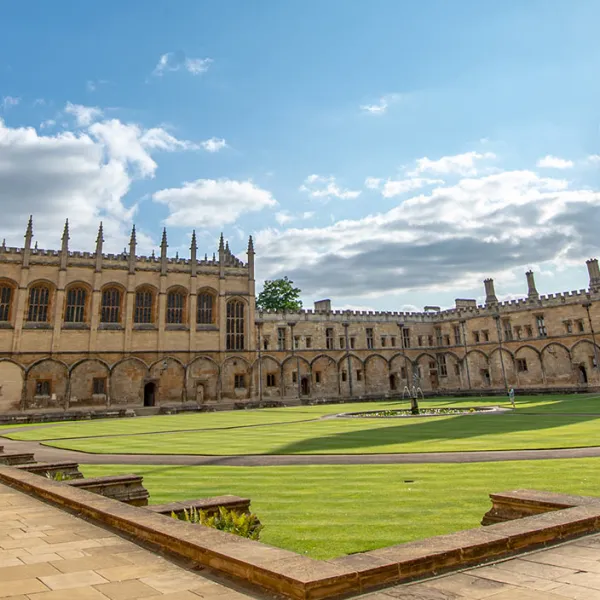Every spring Christ Church hosts our Special Interest Event, where a group of specialists discuss the chosen topic in a series of lectures during the four-day event.
Britain Turned Upside Down: Civil War and Republic, 1640–1660
The British and Irish Civil Wars of the 1640s and 1650s were a foundational series of conflicts. They forged the relationships between the English, Scots, Irish and Welsh peoples that have lasted for centuries.
The Civil Wars were the most destabilising and complicated conflicts that these island peoples have ever endured. They led in England to the unprecedented trial and execution of King Charles I, and the foundation of a creative period of republican rule. They also brought about the English conquest of Scotland and the colonisation of Ireland. No wonder those living through the turmoil articulated that their world had been turned upside down. During this event we will look beyond the battles and generals to better understand the people’s experience of war and revolution.

Contemporaries’ sense of dramatic crisis and overturning was heightened by moments of intense religious and political excitement and experimentation. We will examine the change and novelty brought about by these wars through the voices of their participants, from maimed soldiers and war widows to Oliver Cromwell himself. The notion that authority was divine and came down from above was challenged by the idea that power originated in the people, who should entrust it to their chosen representatives for only a limited period. These English ideas influenced later revolutions. For a time, fundamental changes to society looked possible, even likely. Meanwhile an English empire was forged to the westward, into Ireland and the Atlantic beyond.
Join us for this Special Interest Event as our team of experts explore with you what the causes, costs, consequences and legacies of Civil War and Republic mean for us today. How should we remember this revolutionary period in British History and how might we learn from it as we face an uncertain future?

The programme fee is £799.00 per person and the en-suite supplement is £110 per room.
The fee includes the full lecture programme, three nights’ accommodation, all meals, dinner wines and refreshments as timetabled. Gratuities are not expected.
Full payment must be made at the time of booking.
A full refund [subject to an administration fee] will be offered in the event of cancellations made up to and including 60 days prior to the start of the event. No refunds will be offered after this time.
All monies are held by Christ Church. Please direct enquiries to: Special Interest Event, The Steward’s Office Christ Church, Oxford, OX1 1DP Tel: +44 (0)1865 286996 Email: specialinterest@chch.ox.ac.uk
Sold out
If you would like to be added to the waiting list in case places open up, please email specialinterest@chch.ox.ac.uk

